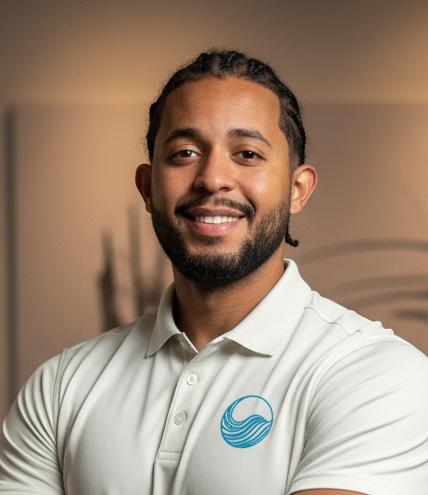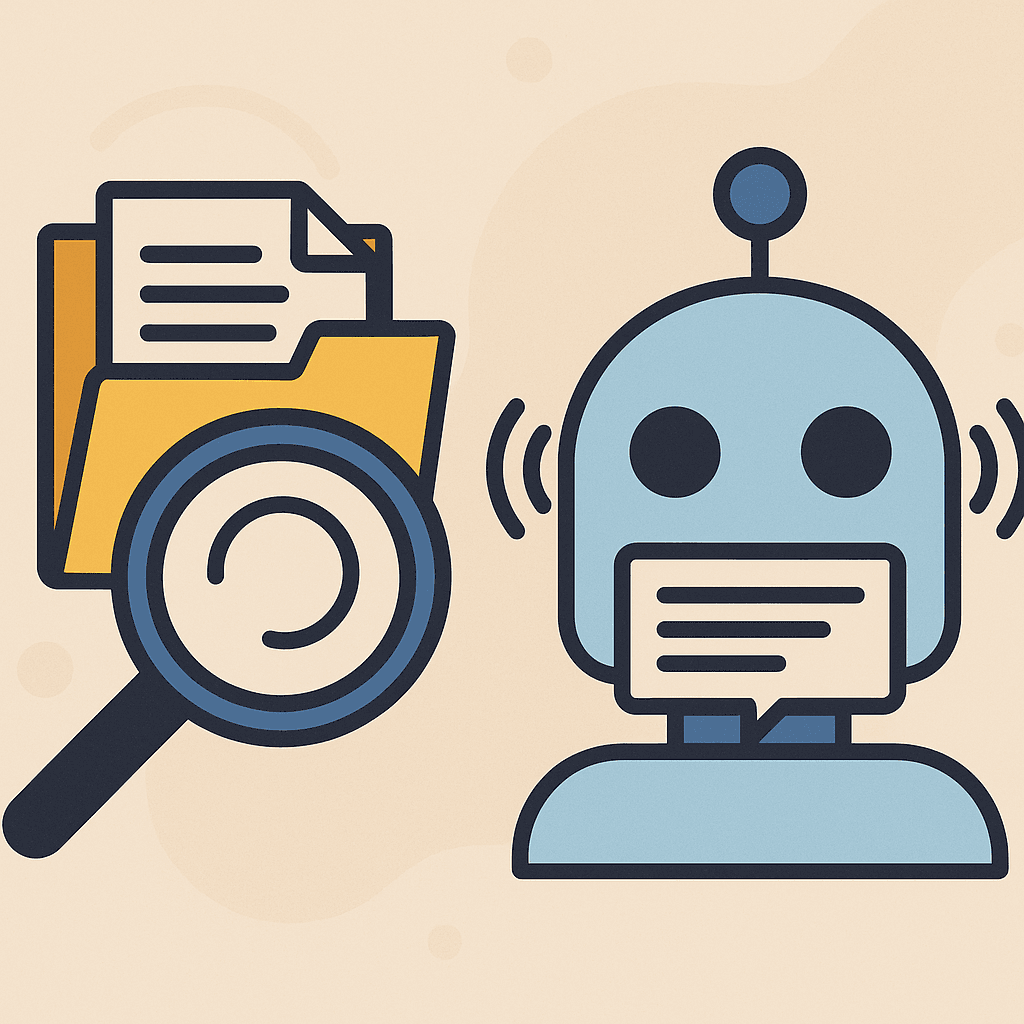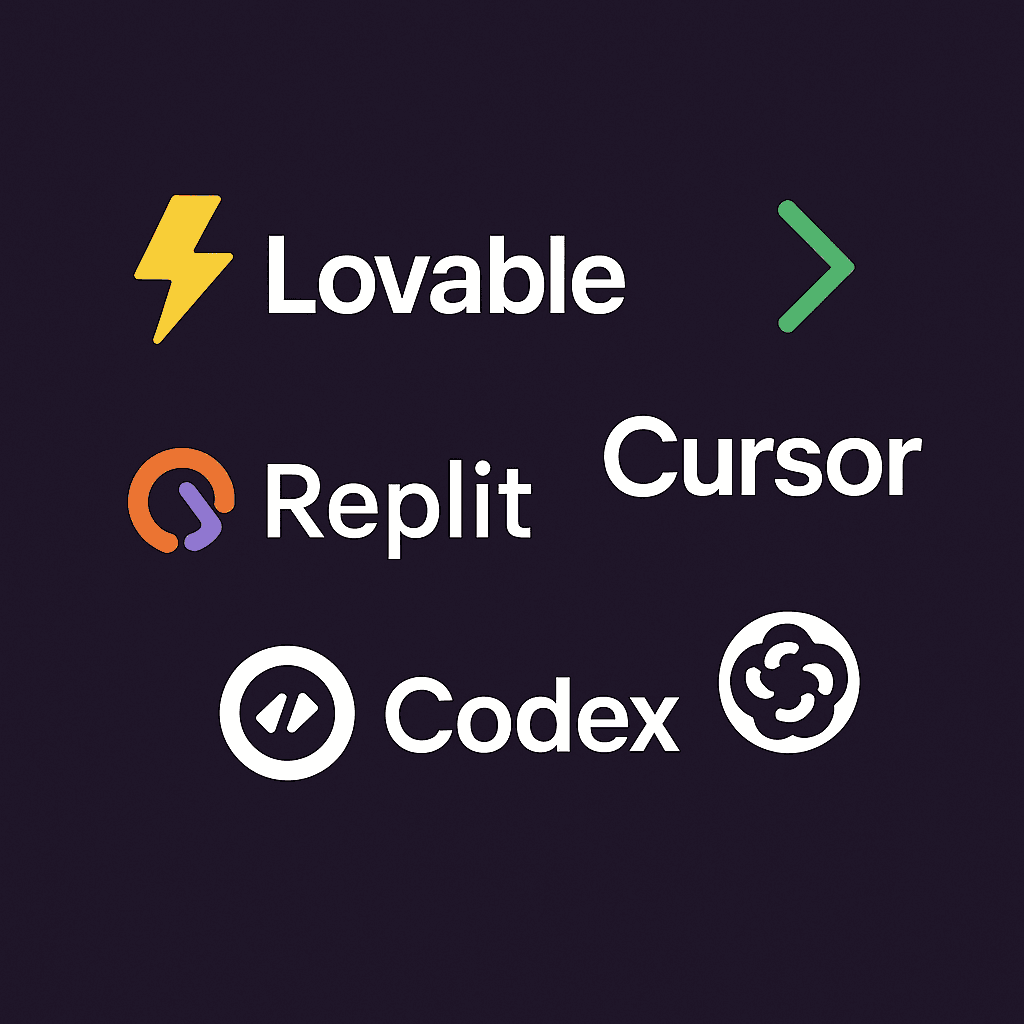The New SEO Reality: When Google Limits Depth and Reddit Locks Its Doors
By Julius Washington — IslaIntel Blog Series
Introduction
Over the last few months, two quiet changes have reshaped the entire SEO landscape.
First, Google permanently removed the &num=100 parameter — the one that let you view 100 results per page. Then Reddit started blocking most AI crawlers and non-paying search engines from indexing its content.
For a lot of marketers and founders, these might sound like technical tweaks. But let's be real — they're tectonic shifts. Together, they mark the start of a new SEO era, one where visibility and data access are being narrowed from both ends: search and source.
And if you're running a business that depends on discoverability — whether you're a gym, a wellness brand, or a boutique agency — this change is already affecting how your audience finds you.
What Actually Changed
1. Google quietly capped the depth of the internet
Until recently, you could append &num=100 to a Google Search URL and load 100 results per page. It was a small hack most people never thought about — but for SEO professionals, rank-tracking tools, and data analysts, it was gold.
According to Search Engine Land, after Google removed that option, 87.7% of websites saw drops in impressions and 77.6% lost unique ranking terms in their Google Search Console reports. In short: visibility metrics fell off a cliff.
Google has confirmed that this parameter "isn't supported anymore." For every page that used to show 100 results, we now need 10 separate requests — increasing cost, latency, and limiting how deep SEO tools (or AI crawlers) can see.
And that's the key: Google just reduced how much of the internet is easily visible — not just to users, but to AI.
2. Reddit started closing its walls to AI
At the same time, The Verge and TidBITS report that Reddit has begun blocking major search and AI crawlers — except those who pay. Google still has a licensing deal, but others (including many AI startups) don't.
That means if an AI tool or LLM was using Reddit as a source of "human insight," that tap is now restricted. For everyone else, Reddit's massive library of organic conversations — once a treasure trove for authentic search results — is no longer universally accessible.
So, when you put both of these together — Google limiting what can be crawled and Reddit limiting who can crawl — you get a pretty narrow funnel of information.
The web is still open. But the windows are getting smaller.
What This Means for SEO and AI
1. AI search is now shallower
Every LLM, search agent, or AI assistant that used to scrape or synthesize deeper search results is now forced to operate on fewer visible layers of the internet. If you're not in the top 10 or 20 results, chances are you're invisible to both people and AI.
2. SEO tools are flying blind
Rank-tracking software built on the num=100 parameter is now unreliable. Reporting dashboards are showing "drops" that aren't necessarily real — they're artifacts of limited data.
Your impressions might be down, but your actual user traffic might not be. That's where analysis has to evolve beyond metrics.
3. Community content is becoming gated
When Reddit walls off its data, it signals a trend: communities are the new walled gardens. If your SEO strategy relied on engagement from those threads — or AI models that referenced them — you're now competing in a smaller, paid ecosystem.
The OpenAI Tool Release: A Critical Timeline
October 6th, 2025 — OpenAI released their agent development hub, marking another pivotal moment in the AI automation landscape. This release, combined with the Google and Reddit restrictions, paints a clear picture: the future of online discovery is being rewritten by a handful of platform decisions.
As traditional search becomes more restricted, AI-powered tools are racing to fill the gap — but they're working with less data than ever before. The companies that control both the search infrastructure and the AI tools will increasingly shape what information gets surfaced and to whom.
This isn't just about SEO anymore. It's about information access itself.
What This Looks Like for Real Businesses
At IslaIntel, we've already seen this play out across clients:
- Sensory Pilates (Miami) noticed a dip in long-tail blog impressions for "how to" queries. The content was still performing well — but search visibility dropped because Google was showing fewer extended results.
- Nika Condado (Puerto Rico), which relies heavily on bilingual search, saw older evergreen pages fall off secondary SERPs entirely. Without that second-page traffic, those pages became effectively invisible overnight.
- Complex Physical Therapy (Florida) had several service pages that were ranking in the 40-70 range. With the 100-result limit gone, those rankings now live on page five or beyond — pages users and AIs rarely reach.
In each case, visibility narrowed. But content quality didn't. That's why understanding this shift matters: your SEO might not be broken — the window just got smaller.
What You Should Do Next
1. Focus on the first ten
If you're not on page one, you don't exist. Re-optimize every primary service, product, or brand page to target top-10 results. That includes featured snippets, structured data, and media optimization.
2. Merge thin content
Consolidate older or overlapping posts into richer, more comprehensive resources. Google rewards topical depth, not page count.
3. Strengthen internal links
Use internal linking to elevate important subpages. Treat it like redistributing SEO authority inside your site.
4. Adjust expectations
Search Console might show fewer impressions, but that doesn't always mean performance is down. Update your reporting frameworks to reflect new baseline metrics.
5. Stay community-active
Reddit and similar forums still hold value. Create presence there, but do it natively — comment, share insights, and build authority rather than farming links.
6. Adapt your AI strategy
If you're running AI-driven content or using LLMs for keyword research, update your tools and APIs to account for restricted crawl depth. The best insights now come from your own analytics, not just what AI "knows."
Stay Ahead of the SEO Curve
The SEO landscape is shifting faster than ever, and staying informed is critical. If you want to keep up with the latest strategies, algorithm updates, and real-world case studies from businesses navigating these changes, subscribe to our newsletter.
We share weekly insights on SEO strategy, AI integration, content optimization, and proven tactics that are working right now for businesses like yours. No fluff. Just actionable intelligence to help you stay visible and competitive.
Join business owners, marketers, and agencies who are adapting to the new reality of search.
Conclusion
This is the start of a new era in SEO — one where visibility is less about how much content you have and more about how high you climb.
Between Google narrowing search depth and Reddit gating access, the age of free, infinite indexing is over.
The next wave of growth belongs to those who adapt — those who build smarter, not louder.
And that's exactly where AI-powered strategy, paired with strong human insight, makes the difference.
Frequently Asked Questions (FAQs)
Q1: Will my current SEO rankings be affected by these changes?
A1: If your pages rank in positions 11-100, you may see reduced visibility in tools and analytics, but your actual rankings haven't necessarily changed. Focus on pushing key pages into the top 10 positions where visibility is guaranteed.
Q2: Should I stop using Search Console data?
A2: No, but interpret it differently. Impressions may show declines due to limited result displays, not because your actual performance dropped. Look at click-through rates and actual traffic alongside impressions.
Q3: Is Reddit completely inaccessible now?
A3: Reddit is still accessible to users and to search engines that have paid licensing agreements (like Google). However, many AI crawlers and alternative search engines are now blocked.
Q4: How can I compete if I'm not on page one?
A4: Consolidate similar content, improve internal linking, target long-tail keywords with less competition, and build topical authority in your niche. Page one is now the only page that matters.
Q5: Does this mean traditional SEO is dead?
A5: No, but it's evolving. SEO now requires deeper content, stronger technical optimization, and a focus on featured snippets and rich results. Quality over quantity has never been more important.
References
- Search Engine Land. (2025). "Google Removes &num=100 Parameter: Impact on SEO Tools and Visibility"
- The Verge. (2025). "Reddit Blocks AI Crawlers, Restricts Access to Non-Paying Search Engines"
- TidBITS. (2025). "The Narrowing of Web Accessibility: Reddit's New Crawler Policy"
- OpenAI. (2025). "New Tools for Building Agents" [openai.com/index/new-tools-for-building-agents]




